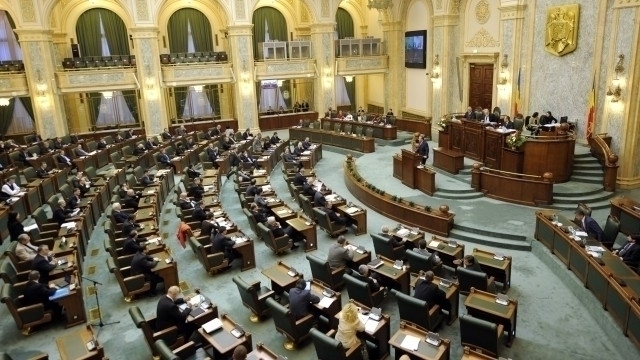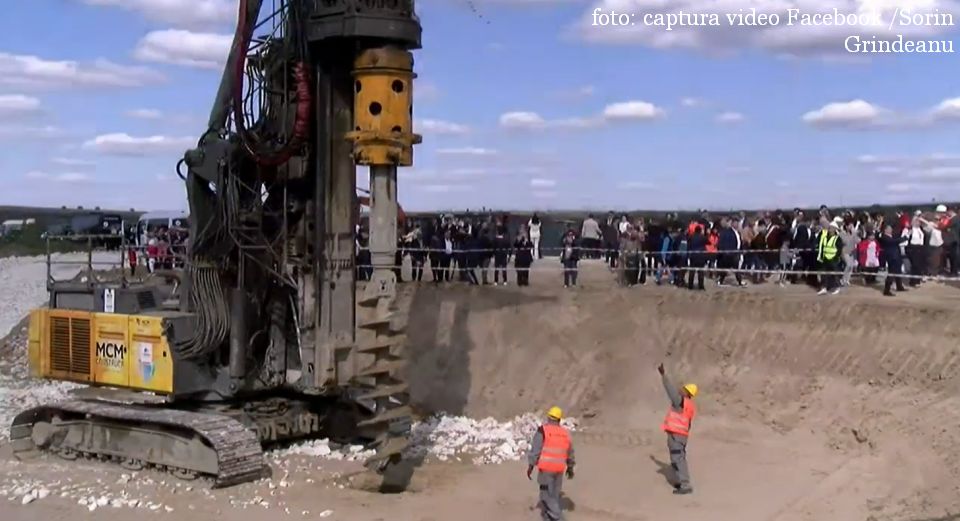Pardons Bill Stays in Parliament
The Senate of Romania sent back to the chambers Judicial Committee its report on the pardons bill

Ştefan Stoica, 09.05.2017, 13:31
From the Government to the Senate’s judicial committee, then to the Senate plenary and back to the committee for another week. This has been the route so far for a controversial piece of legislation, the pardons bill, which has caused street protests and friction in the main party in the ruling coalition, the Social Democratic Party. The junior partner in the coalition, the Alliance of Liberals and Democrats in Romania, sensed its explosive potential and suggested that the bill should be sent back to the same committee which, much to the dislike of the Social Democratic leaders, had significantly altered the text drafted by the Cabinet.
The head of the committee, the Social Democrat Serban Nicolae, has already been scolded by his party chief, Liviu Dragnea. In a tandem which years ago seemed impossible, Serban Nicolae and the ex-president Traian Basescu, currently a Senator from the People’s Movement Party in opposition, amended the original text so that offences like bribe taking and giving and influence peddling would be pardoned.
After the infamous government order through which the Cabinet attempted to amend the criminal legislation, a new controversial law was the last thing that the Social Democratic Party needed. Liviu Dragnea was quick to understand this, and asked the parliamentary majority not to meddle with the text drafted by the Government.
Serban Nicolae complied only in part, and changes have been operated. Among them were, for instance, the full pardon of sentences of up to 3 years, a 3-year shortening of sentences of up to 10 years, the reduction to a half of the sentences for pregnant women and, under certain conditions, full pardon for convicts aged over 70. The Social Democrat Serban Nicolae said that, according to the figures received from the National Penitentiary Administration, a few over 1,000 people may benefit from these measures.
The report that included these amendments was sent to the Senate plenary, but it was later returned to the committee, proving that the Social Democratic Party leaders disagreed with that document. His back against the wall, Serban Nicolae pleaded for a rational discussion in Parliament. But the National Liberal Party and Save Romania Union, in opposition, question the very usefulness of the law. According to the Liberals, a pardons bill cannot solve the problem of prison overcrowding and of the inadequate conditions in some Romanian prisons.
Romania was repeatedly sued over these problems, and the European Court for Human Rights has recently given Bucharest 6 months to adopt an action plan to address the situation. A pardons bill, however, is not a long-term solution to this, penitentiary administrators say. And, judging by the reactions in the street, nor does it save the public image of the Social Democratic Party. (Translated by A.M. Popescu)






























